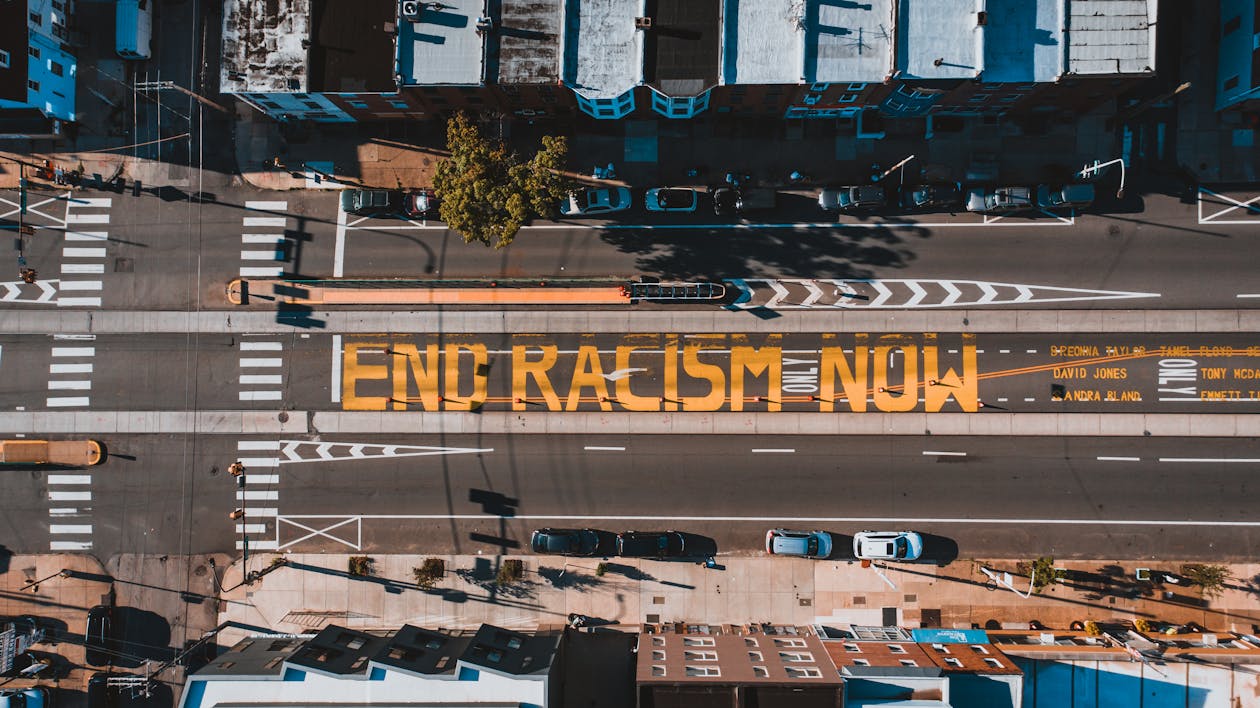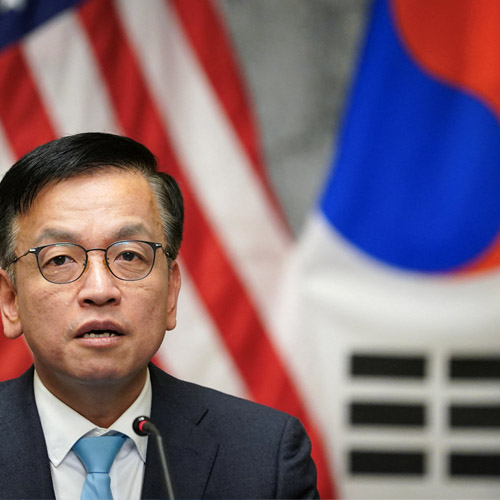RACIAL SLURS & HATE SPEECH LAWS DIFFERENT OUTSIDE OF THE UNITED STATES
RACIAL SLURS & HATE SPEECH LAWS DIFFERENT OUTSIDE OF THE UNITED STATES

After a Minnesota incident involving a racial slur directed at a child goes viral and generates controversial fundraising, questions arise about how different countries handle hate speech
In a case that has sparked national controversy, a crowdfunding campaign for Shiloh Hendrix, a Minnesota woman who admitted in a viral video to using a racial slur against a 5-year-old child at a public park, has accumulated over $675,000 in donations. The Christian-based platform reportedly removed numerous comments containing white supremacist rhetoric that accompanied many donations.
The incident highlights stark differences between the United States' approach to hate speech and that of many other nations around the world. While Hendrix faces social consequences, U.S. law provides significant protection for such speech under the First Amendment, allowing her to potentially profit from the incident she reportedly instigated.

Global Legal Landscape
Had Hendrix's actions occurred elsewhere, the legal ramifications could have been dramatically different. Many democracies worldwide have implemented specific legislation criminalizing hate speech and racial epithets, with penalties ranging from fines to imprisonment.
"The U.S. stands as an outlier among Western democracies in its broad protection of speech that would be illegal in many other countries," explains Dr. Miranda Chen, Professor of Comparative Constitutional Law at Georgetown University. "What might result in social consequences here could trigger criminal charges elsewhere."
European Approach
European nations maintain some of the world's strictest hate speech laws. In Germany, under Section 130 of the Criminal Code, using racial slurs publicly can result in fines and up to five years imprisonment. This stringent approach stems from the country's post-World War II reckoning with its Nazi past.
France's Pleven Law similarly prohibits incitement to discrimination or hatred based on ethnicity, with penalties including fines up to €45,000 and imprisonment up to one year. The United Kingdom's Public Order Act criminalizes racially aggravated harassment with penalties including fines and imprisonment up to seven years.
Beyond Europe
Canada takes a middle-ground approach. While protecting free expression, Canadian law draws a firmer line than the U.S., with Criminal Code Section 319 prohibiting public incitement of hatred against identifiable groups, punishable by up to two years imprisonment.
In Australia, the Racial Discrimination Act Section 18C prohibits acts likely to offend, insult, humiliate or intimidate based on race, with civil remedies including damages. New Zealand's Human Rights Act similarly prohibits inciting racial disharmony.
South Africa, given its history of apartheid, has enacted the Promotion of Equality and Prevention of Unfair Discrimination Act, which prohibits hate speech with penalties including fines, damages, and community service.
U.S. Exception
Constitutional scholar Robert Williams notes, "The American approach prioritizes free speech to an extent virtually unmatched globally, based on the belief that counter-speech, not government restriction, is the appropriate remedy for harmful expression."
Critics argue this approach leaves vulnerable populations inadequately protected and can normalize hateful rhetoric. Supporters counter that government regulation of speech poses greater dangers to democratic functioning than offensive expression.
The Hendrix case underscores the transatlantic divide on balancing free expression against protection from harmful speech. While she faces no legal consequences for her words in America, in many other democracies, similar actions could result in criminal charges, financial penalties, or imprisonment.
As societies continue navigating the complexities of harmful speech in an increasingly connected world, the contrasting legal frameworks highlight fundamental differences in how nations weigh competing values of liberty and equality.
Related News .
Stay updated with the most important events.




